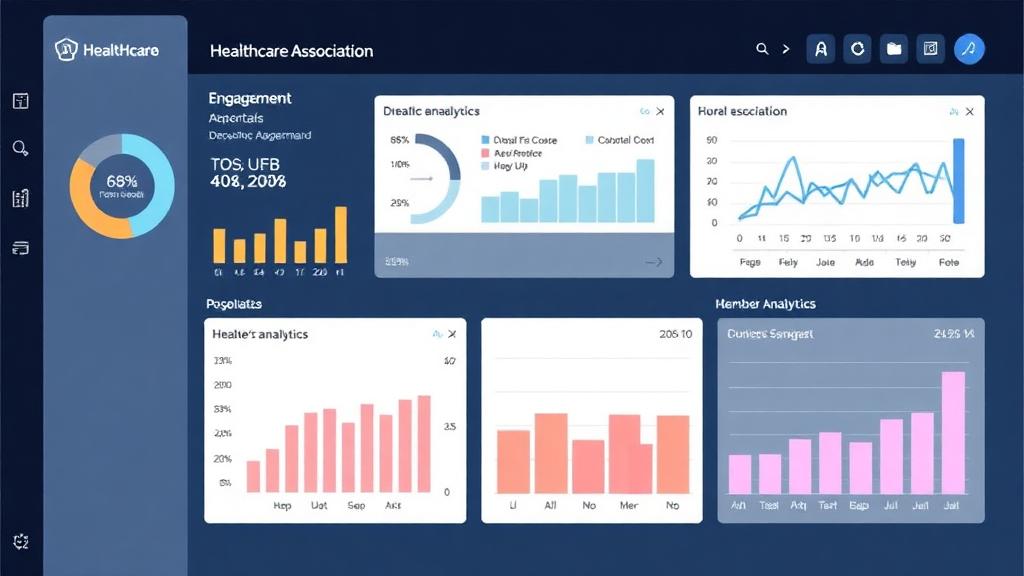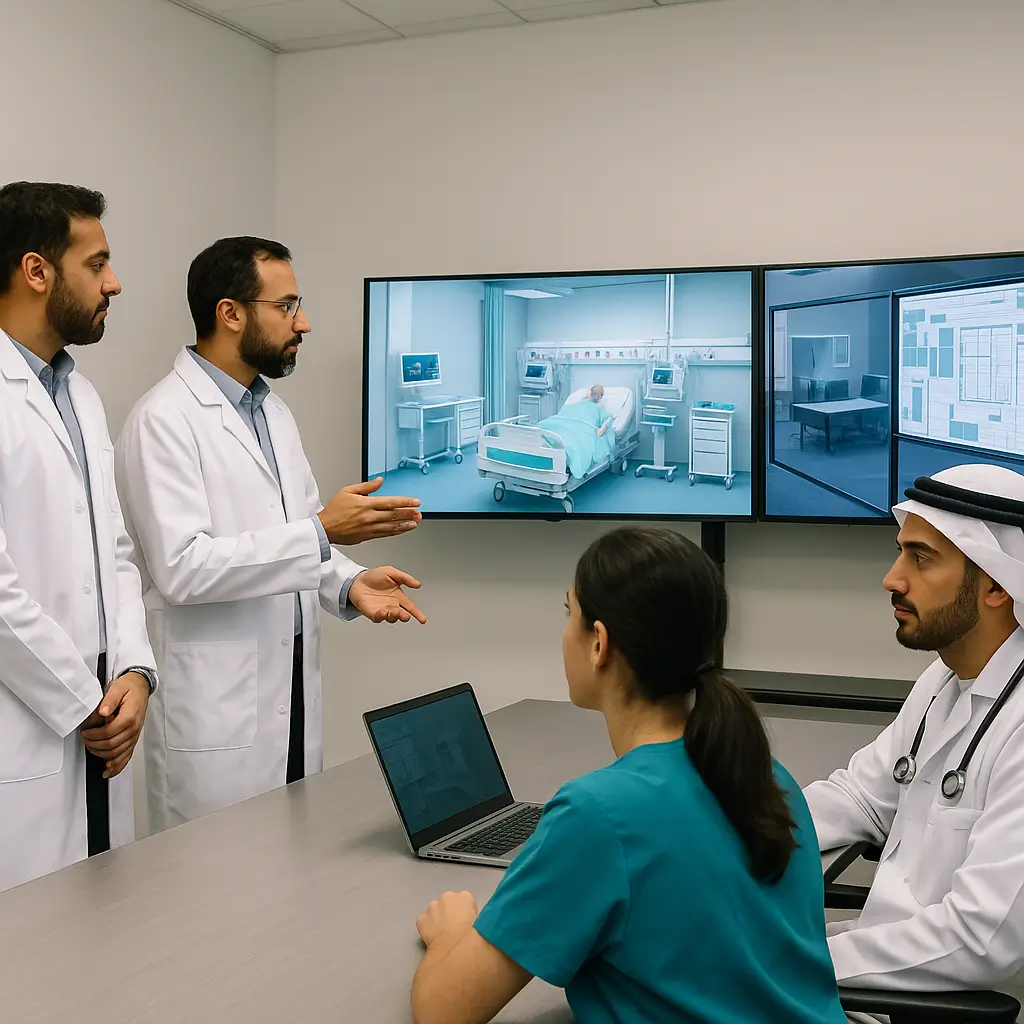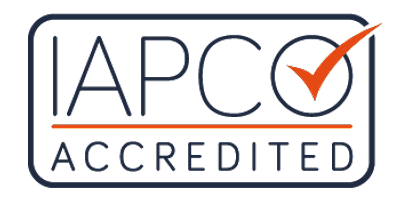Back to Blog
Event Management
Featured
Predictive Registration: AI Forecasting for Healthcare Events
Explore how AI-powered registration forecasting helps healthcare event organizers optimize planning and resource allocation.

Predictive Registration: AI Forecasting for Healthcare Events
Discover how AI-powered registration forecasting is revolutionizing healthcare event planning by enabling organizers to optimize their strategies through predictive analytics.
The Registration Forecasting Revolution
Traditionally, healthcare event planning has depended on historical data and the intuition of organizers. However, the advent of AI-powered predictive registration is transforming this process. By utilizing data-driven forecasting, event planners can significantly enhance planning accuracy and optimize resource allocation.
Predictive Analytics Framework
Data Input Sources
To create effective predictive models, a variety of data sources are utilized. Historical registration patterns from previous events provide a foundation for understanding attendee behavior. Economic indicators that influence healthcare spending also play a critical role. Additionally, the relevance of conference topics to current healthcare trends and the reputation of speakers—based on their past performances—are crucial elements in the forecasting process.
Machine Learning Models
Several advanced machine learning models are employed to refine predictions. Time series analysis is used to forecast registration timelines, while demographic modeling helps in anticipating attendee profiles. Geographic distribution predictions aid in logistical planning, and no-show probability calculations ensure more accurate resource allocation.
Implementation Strategies
Early Warning Systems
Implementing early warning systems allows organizers to monitor registration pace against predicted benchmarks. Capacity threshold alerts can prompt timely adjustments to venue arrangements, while revenue forecasting assists in effective budget management. Additionally, evaluating marketing effectiveness enables continuous optimization of promotional strategies.
Dynamic Resource Allocation
Dynamic resource allocation is essential for adapting to varying attendee numbers. For example, catering services can be adjusted based on predicted attendance, and staffing can be optimized for different event scenarios. Furthermore, technology resources can be scaled to meet anticipated demand, and accommodation planning for out-of-town attendees becomes more efficient.
Advanced Forecasting Applications
Scenario Planning
Advanced forecasting applications include scenario planning, allowing organizers to prepare for various outcomes. Best-case attendance scenarios facilitate maximum capacity planning, while worst-case scenarios help establish the minimum viable event parameters. Break-even analysis supports financial decision-making, and contingency planning ensures readiness for unexpected circumstances.
Marketing Optimization
Predictive registration analytics also enhance marketing efforts by identifying target audiences for registration campaigns. Optimal pricing strategies can be developed based on demand predictions, and campaign timing can be adjusted for maximum impact. Additionally, forecasting channel effectiveness aids in strategic budget allocation.
In conclusion, predictive registration analytics empower healthcare event organizers with precise forecasting capabilities. This leads to improved planning efficiency, reduced resource waste, and an enhanced attendee experience through better resource allocation.









.jpg)